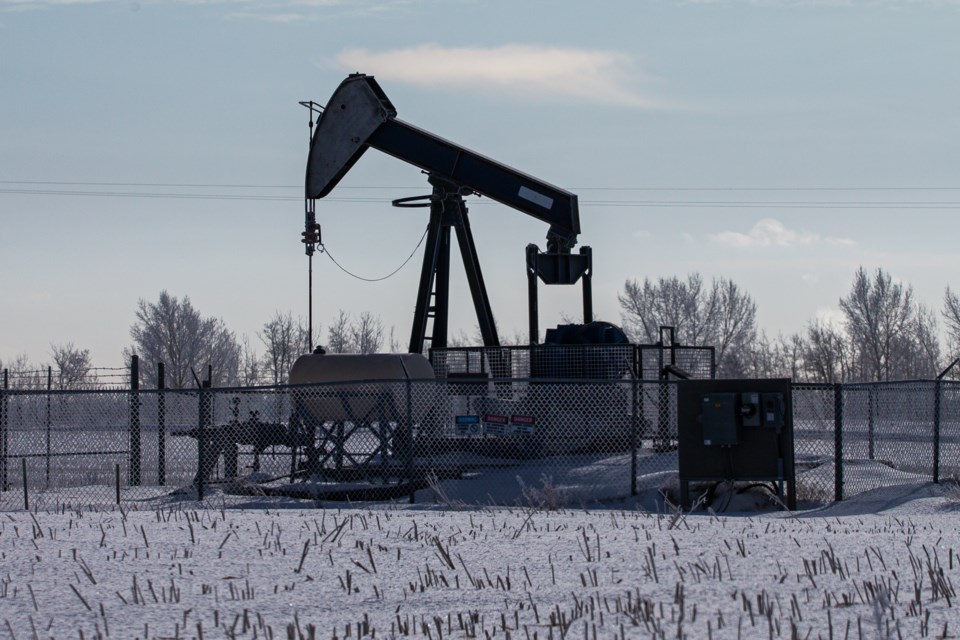Albertans should expect tax hikes or service cuts this fall now that the province has signed off on a series of tax breaks for the oil and gas industry, says the head of the province’s rural municipality association.
Alberta Municipal Affairs Minister Tracy Allard announced temporary changes to how the province taxes oil and gas wells and pipelines Oct. 19.
The changes were the result of talks between the province, municipalities and the oil and gas sector that started in January and were meant to make the province more attractive to investment.
The province had proposed to let oil and gas companies write off more of their oil and gas assets over time, which companies argued would better reflect the tendency of wells to become less productive as they aged.
Municipalities said this proposal would bankrupt communities, with the Rural Municipalities Association estimating it would chop seven to 20 per cent off the average rural tax base. Sturgeon County projected it would lose up to $1.6 million in tax revenue a year and would have to either slash spending or raise taxes by up to 10.8 per cent a year to compensate. (A 10-per-cent hike would add $141.60 to the average Sturgeon County residential tax bill.)
Change of plans
Allard scrapped that proposal in favour of four smaller, temporary changes.
Allard said the province would cancel a well drilling equipment tax (a one-time charge based on a well’s depth) on new wells and give oil and gas companies a three-year break from paying property taxes on any new wells or pipelines they built. It would also lower tax assessments for less productive wells and continue its recently introduced 35-per-cent assessment reduction on shallow gas wells. These changes would be applied to next year’s tax assessments and last three years.
Allard said the previous proposal tried to change too much at once. These changes balanced the needs of industry and municipalities and would make Alberta more attractive to investors.
“The most compassionate thing we can do right now for Albertans is to create jobs and investment for our communities,” she said.
In a media Q&A session held after Monday's announcement, Allard said these changes would shave about three per cent off the average municipality’s tax base and cause a roughly $7-million shortfall in the school tax, which municipalities collect on the province’s behalf. She was not yet certain how that shortfall would be addressed.
Allard said the province would continue to work on oil and gas tax reforms with industry and municipalities and hoped to have more comprehensive changes in three years.
Higher taxes?
Al Kemmere, president of the Rural Municipalities of Alberta, said in an interview these changes are an improvement over the ones previously proposed, but would still hurt municipalities, which would have to either cut services, raise taxes or both to account for the lost dollars. Cutting taxes for industry also put more of the school tax burden onto residents.
“That’s just moving the problem from one taxpayer to another,” he said.
Kemmere said these changes might bring more jobs to Alberta, but only if oil companies actually reinvest their newfound savings in this province. The changes also did not address the roughly $173 million in taxes that the oil and gas sector failed to pay rural governments last year – a bill that could bankrupt communities if not paid.
“If they don’t fix that, those jobs are going to disappear pretty quickly,” he said, as communities would have to slash services those workers depend upon.
Kemmere said municipalities need new tools, such as a liens process, to collect unpaid oil and gas taxes. Their only option right now is to seize a company’s wells and pipelines, and those come with massive environmental cleanup costs attached to them.
Sturgeon County officials said they were still determining the effects of these changes on their tax base as of press time.




